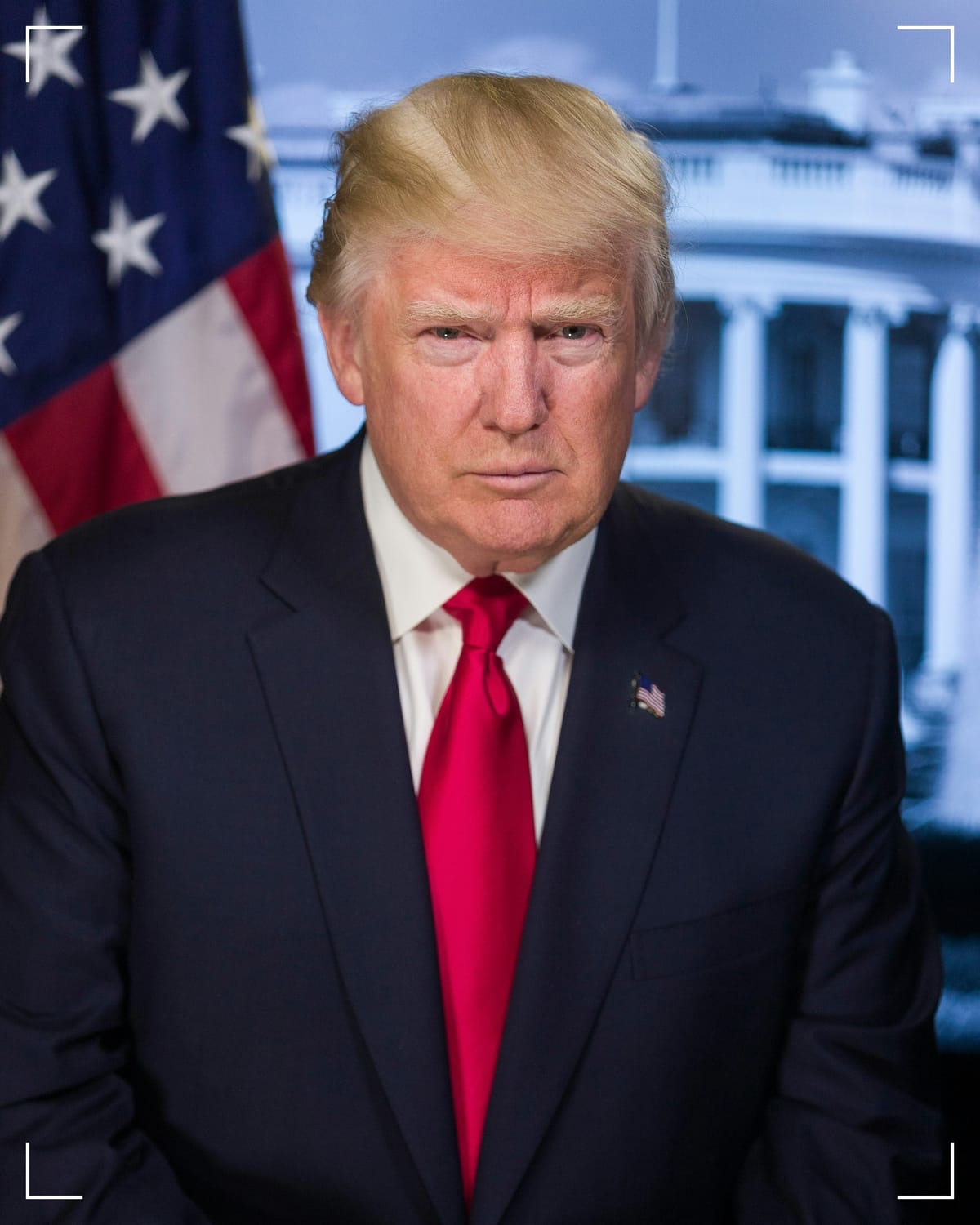Trump says "I hate Taylor Swift" after pop star endorses Kamala Harris
Donald Trump and Taylor Swift are embroiled in a public feud after Swift endorsed Kamala Harris for president. Trump's fiery response on Truth Social underscores the complex ties between celebrity endorsements, voter engagement, and political strategy.

In a spectacle merging the worlds of entertainment and politics, former President Donald Trump recently took a public swipe at music icon Taylor Swift, responding to her endorsement of Vice President Kamala Harris ahead of the upcoming presidential election. The clash unfolded on Trump's social media platform, Truth Social, where he boldly declared, "I hate Taylor Swift!" This tirade followed Swift's vocal support for Harris, shared after a recent presidential debate, and threw a spotlight on the intricate ties between celebrity influence, voter engagement, and political strategy.
Swift’s endorsement of Vice President Harris was underscored by her critique of the current socio-political climate. She highlighted Harris's calm, steady leadership abilities, remarking, “I think she is a steady-handed, gifted leader and I believe we can accomplish so much more in this country if we are led by calm and not chaos.” Swift's comments were particularly cutting, as she referred to herself with tongue firmly in cheek as a "childless cat lady," turning a previous disparaging comment by Republican vice-presidential nominee J.D. Vance on women without children into a badge of defiance and humor.
This endorsement comes amidst a backdrop where Trump attempted to harness Swift's broad appeal in the past. He had previously circulated AI-generated images on social media portraying Swift and her fan base as supporters of his campaign—a move that critics viewed as a brazen misrepresentation. In this context, Swift's open support for Harris operates both as a political statement and a rebuttal to such manipulation attempts.
In response to Trump’s critique, the Harris campaign was quick to unleash a cleverly crafted statement adorned with references to Swift’s musical repertoire, suggesting that Trump's rhetoric may be inciting bipartisan disapproval. Campaign spokesperson Sarafina Chitika captured the sentiment succinctly, claiming, "The American people want to be out of the woods of the chaos and division of the Trump era," vividly illustrating a national yearning for stability and common ground.
The Swift-Trump dynamic raises an enduring question in the political arena: what weight do celebrity endorsements truly carry in a polarized election landscape? Swift’s recent advocacy reportedly redirected over 300,000 individuals to Vote.gov, a significant surge that underscores the potential of celebrity influence to drive voter engagement. Her involvement illustrates a broader phenomenon where popular culture figures can play pivotal roles in shaping political narratives and voter behavior.
As the political theater continues to unfold, the interplay between celebrity and politics remains a powerful force capable of swaying public sentiment. In this latest chapter, Swift’s endorsement demonstrates how influential voices in the arts can amplify political messages and possibly alter the momentum of an election. This narrative provides a potent reminder that in the high-stakes game of modern-day elections, the confluence of star power and political discourse can create formidable currents that shape the electoral seas.